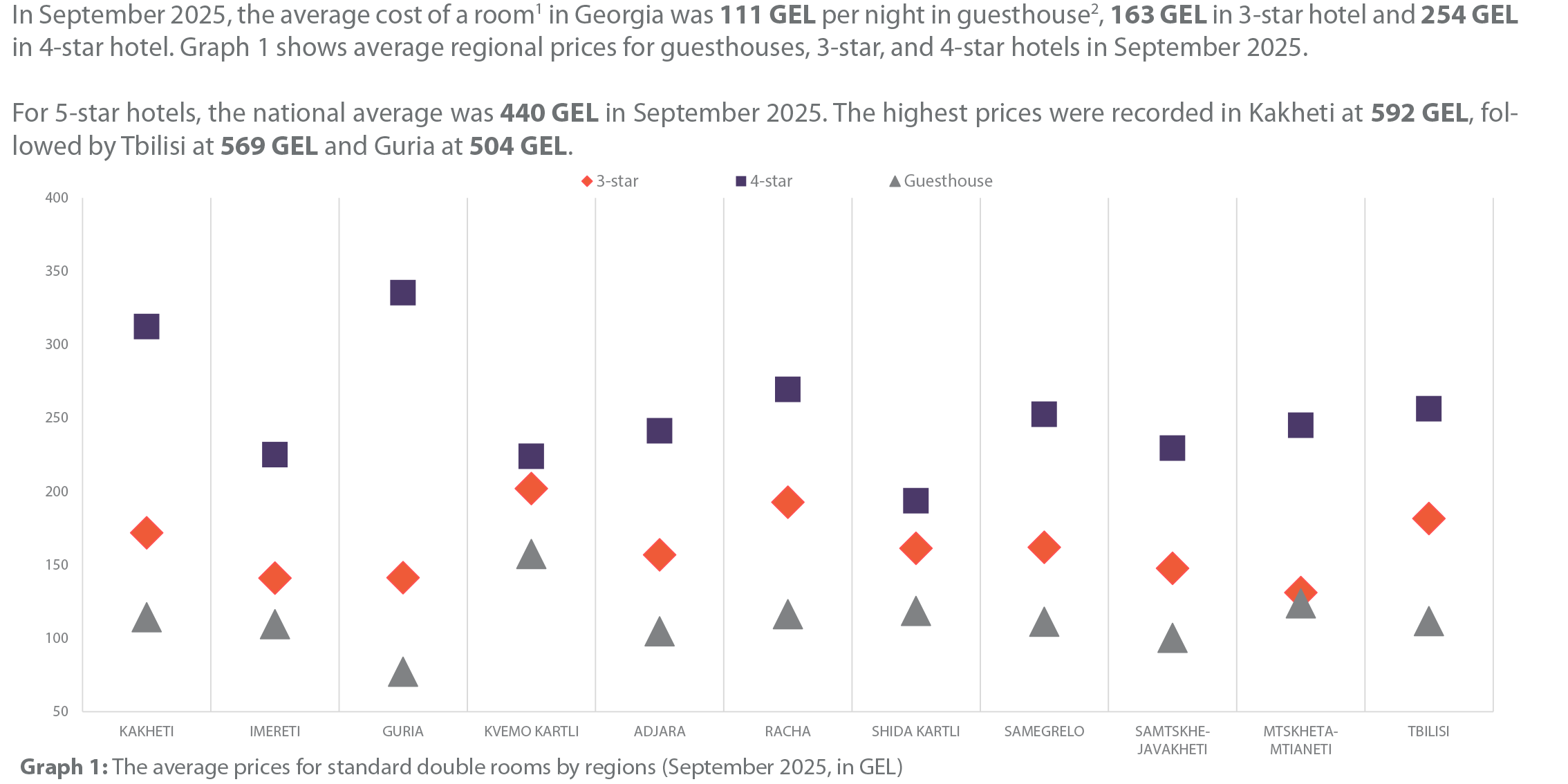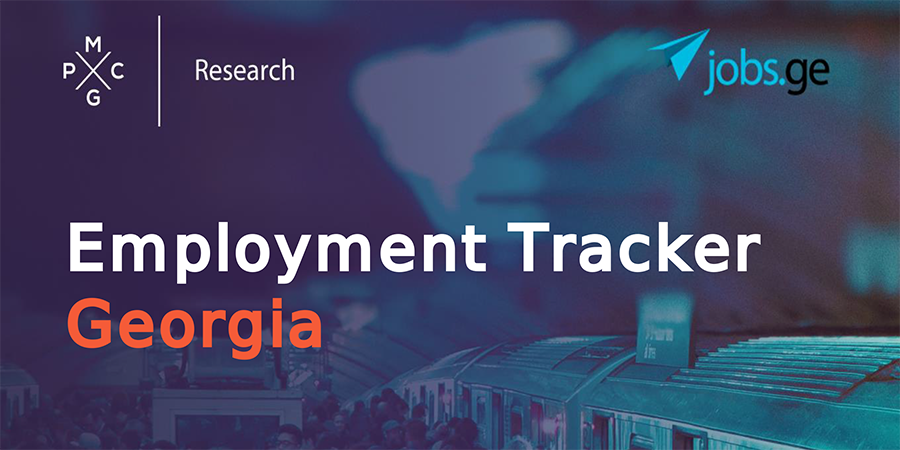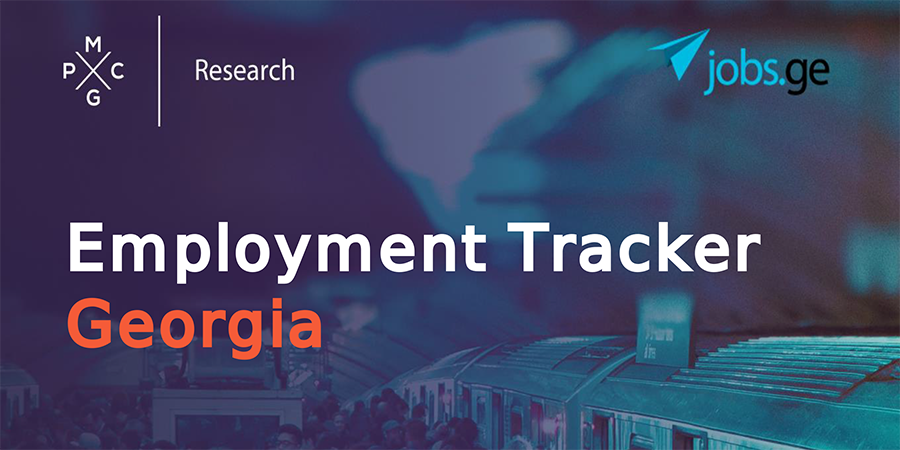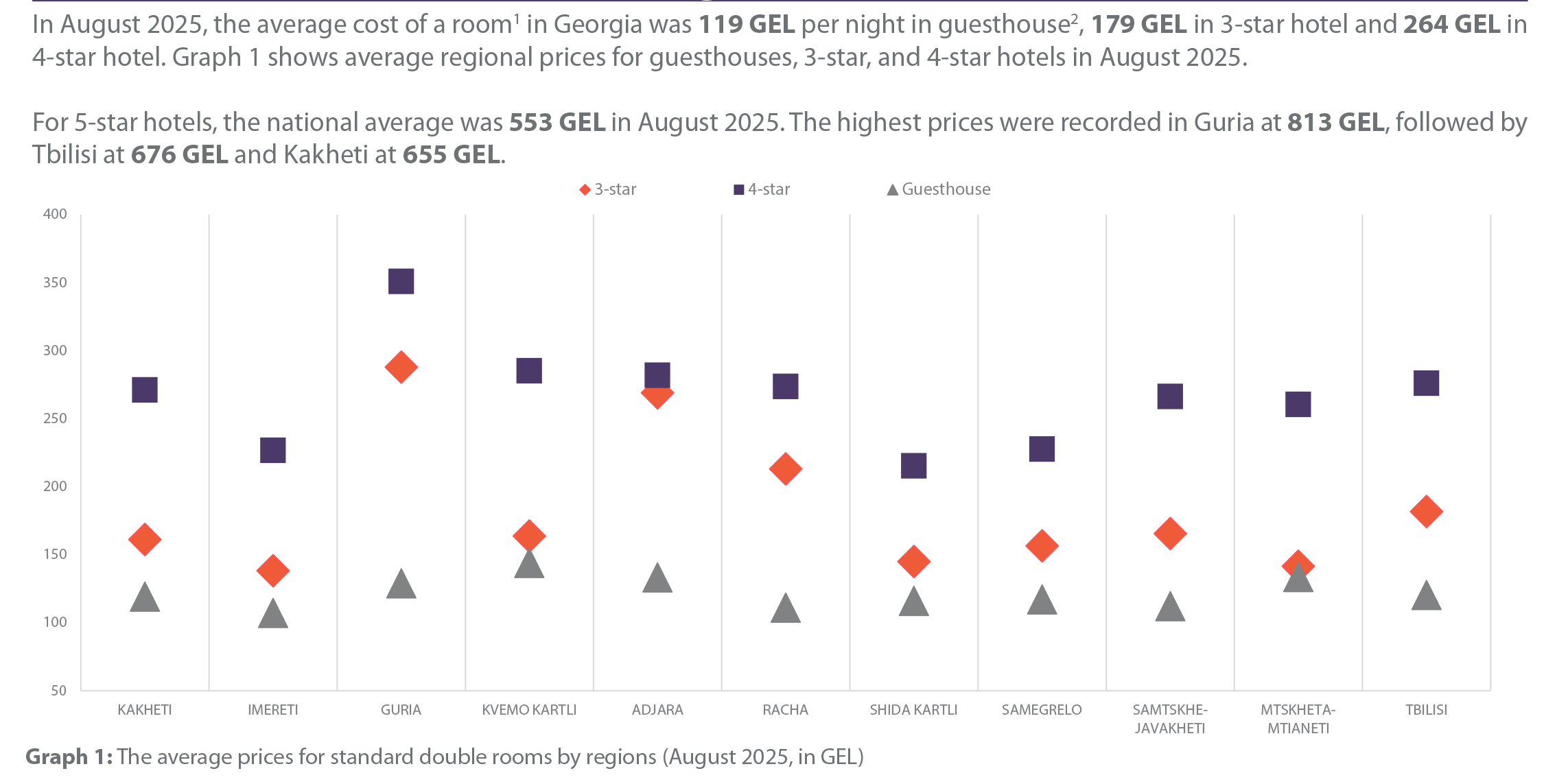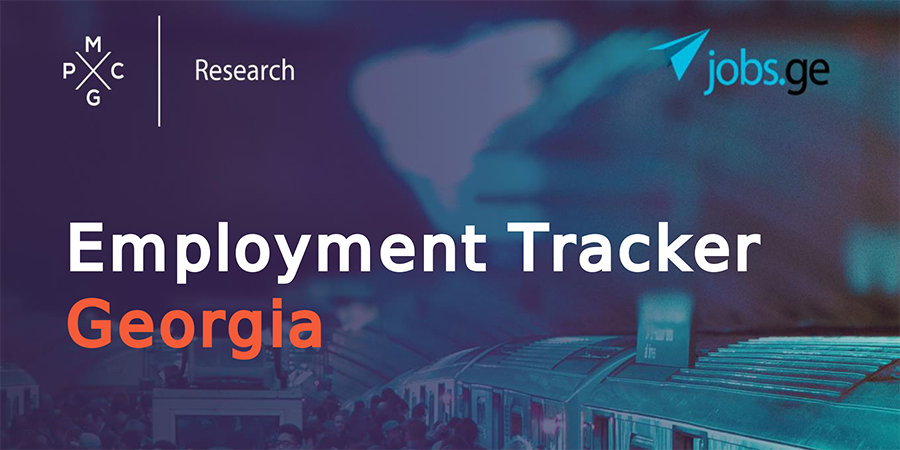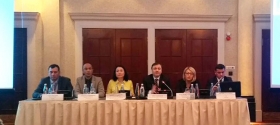
Unlocking SME Finance and Making it Work in Central Asia
Jun, 2017

Enhancing Role of CSOs in Georgia in Regional Economic Development Process
Jun, 2017
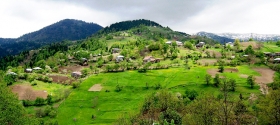
Promoting Rural Development in Khulo Municipality
Jun, 2017
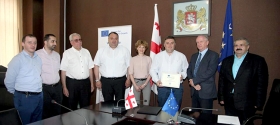
Kutaisi City Hall Joins Mayors for Economic Growth Initiative
Jun, 2017
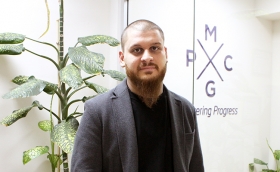
Welcoming Our New Junior Researcher at PMC Research
Jun, 2017
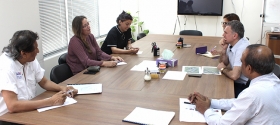
Equipping Georgia to Become Transport and Logistics Hub
Jun, 2017
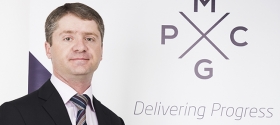
Zaza Broladze Moves to PMCG’s Governing Board
Jun, 2017
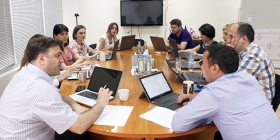
PMCG to Greet 10th Anniversary with Reinvigoration
Jun, 2017

Strengthening Quality Management at Georgia’s National Intellectual Property Center
May, 2017

Traffic Forecast Study of Georgia’s East-West Highway
May, 2017










